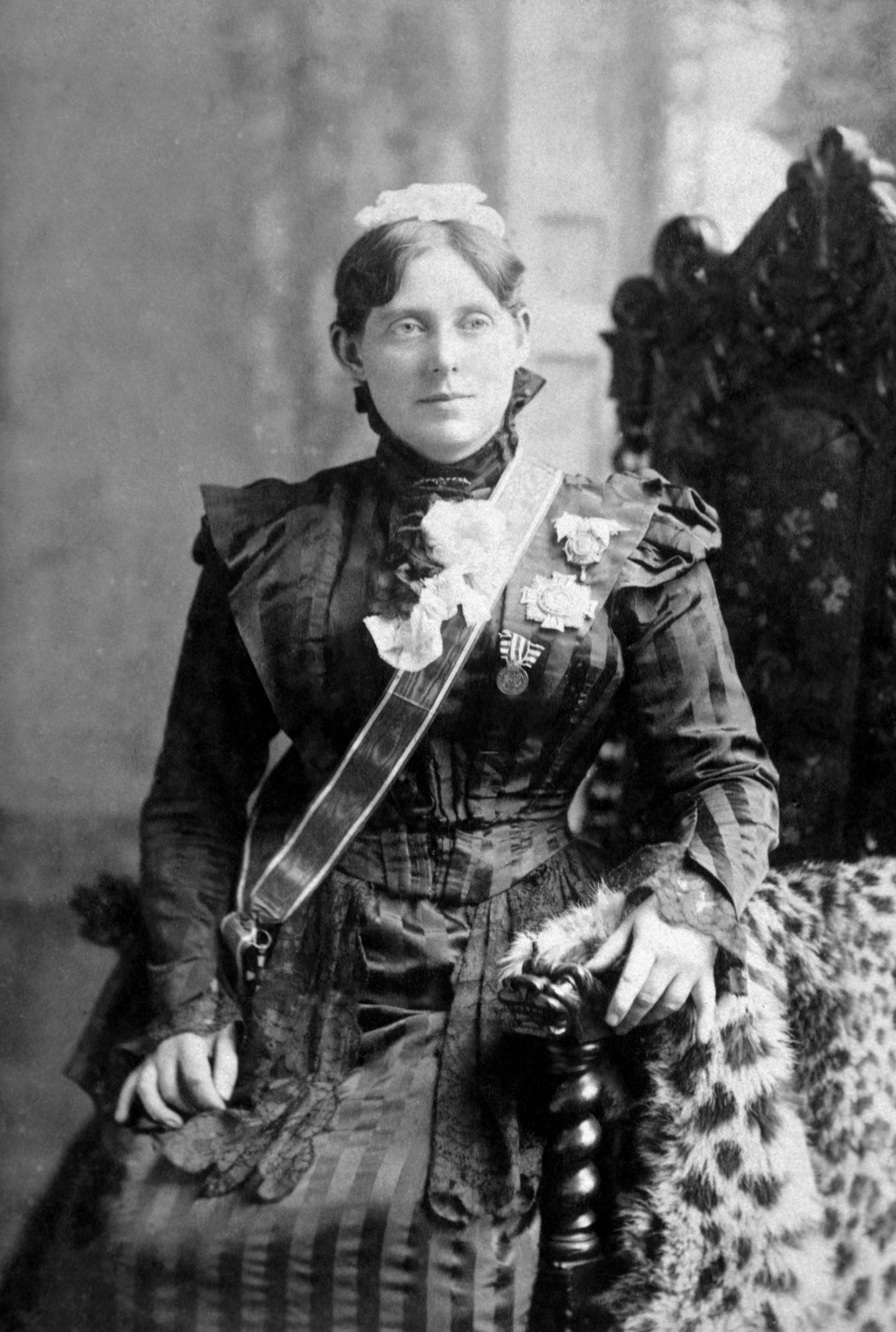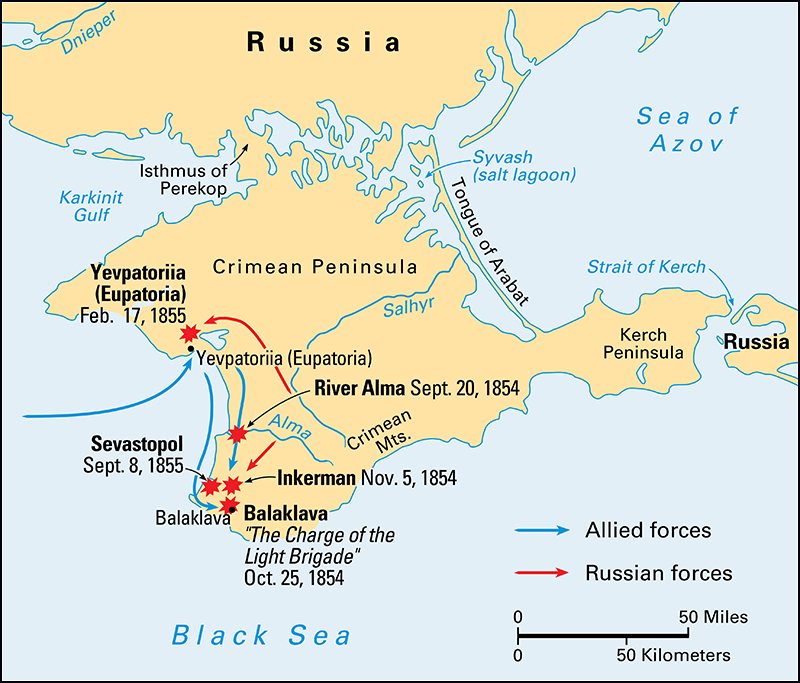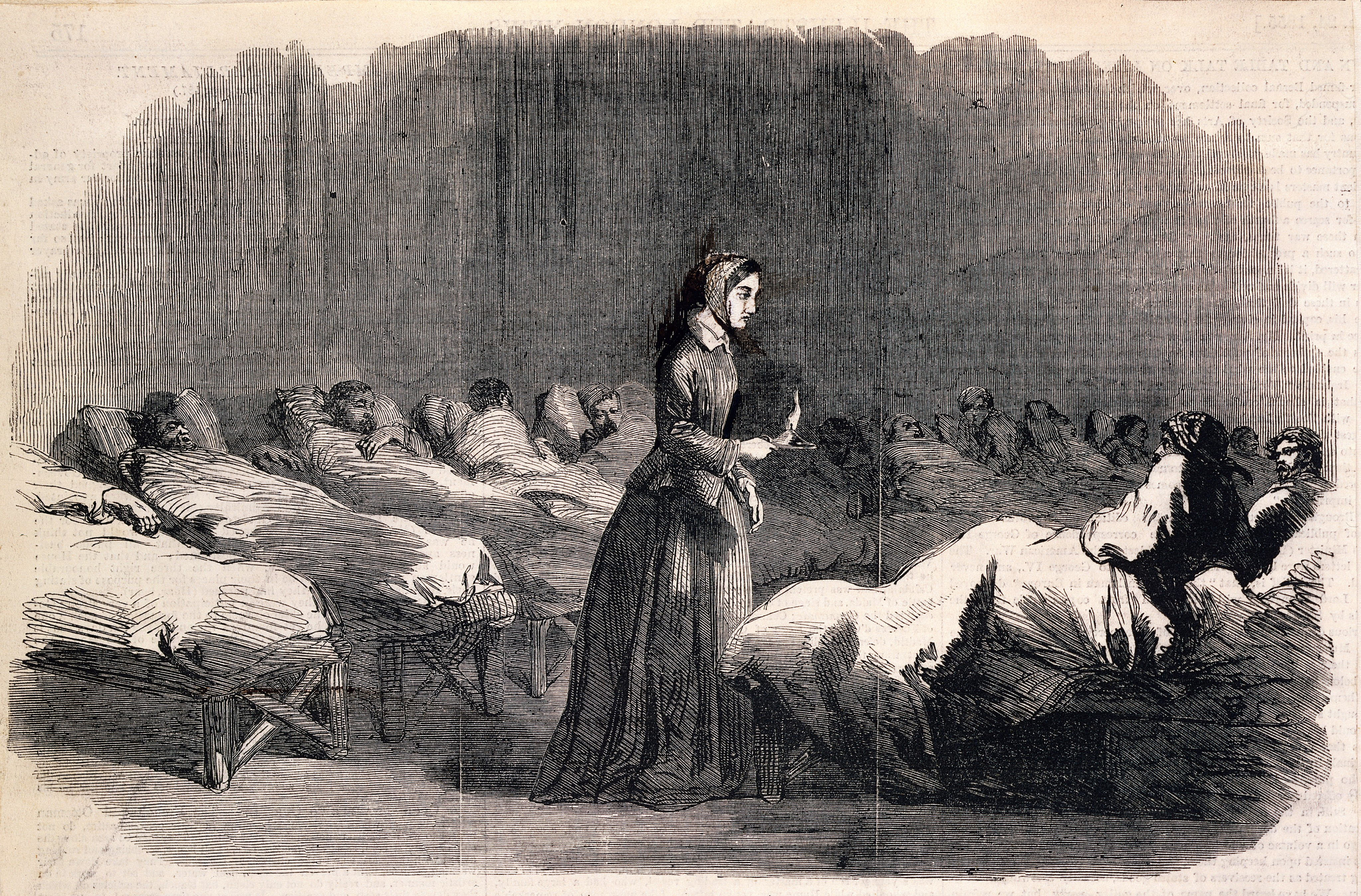Nightingale, Florence (1820-1910), was the founder of the nursing profession as we know it today. British soldiers who were wounded in the Crimean War called her “The Lady with the Lamp” when she walked the halls of their hospital at night. The light that Nightingale carried has come to mean care for the sick, concern for the welfare of the ordinary soldier, and freedom for women to choose their own work.
Early years.
Florence Nightingale was named for Florence, Italy, where she was born on May 12, 1820, while her wealthy British parents were living abroad. Her childhood was spent on the family estates in England with her mother, father, and sister Parthenope. The girls’ mother, Frances, taught her daughters the social graces and how to run a large household. Their father, William, tutored them in languages, history, and philosophy.

At the age of 16, Florence thought she heard the voice of God telling her she had a special mission in life. She suspected this mission had something to do with helping other people. Florence had always enjoyed caring for the babies of her parents’ visitors and for sick farmers on her father’s estates.
Nightingale followed her own sense of purpose by turning down suitors, declining many parties, and spending much time studying health and reforms for the poor. Her mother could not accept such behavior, which was not considered proper for a wealthy young woman.
Her family’s opposition initially prevented Nightingale from working in a hospital. She took a step toward independence when she entered the Institution of Deaconesses, a Protestant school for training nurses, in Kaiserswerth, a town near Dusseldorf, Germany. She later studied in Paris. At 33, she became superintendent of a women’s hospital in London.
Service in Crimea.
Britain and France went to war with Russia in Crimea, a peninsula that extends from what is now southern Ukraine, in 1854. The British people were angry when they heard that their troops had been sent to battle without enough supplies, to die under terrible conditions. The secretary of war asked Florence Nightingale to take charge of nursing. She sailed for Crimea with 38 nurses.

Nightingale and the other nurses stepped ashore in the mud of Scutari, across from Constantinople (now Istanbul), in late 1854. They faced a job that seemed impossible. Wounded troops had just arrived from the Battle of Balaklava, where the charge of the “Light Brigade” had taken place. About 250 of the British cavalrymen had been killed or wounded in the battle in 20 minutes.
The hospital was an old Turkish barracks, rat-infested, dirty, and poorly furnished. Many of the wounded lay on floors, bleeding and neglected. There were not enough cots, mattresses, or bandages, and no washbasins, soap, or towels. Nightingale found a few men well enough to clean the place, and she put them to work at once. She set up a nursing schedule for patient care and work. At night, her lamp burned as she walked the miles of corridors or wrote countless reports and letters demanding supplies from British military officials. When the hospital was running smoothly, she started classes to teach convalescent soldiers to read and write.

At first, doctors and officials resented the “dictatorship of a woman.” But they eventually came to respect her tireless efforts and professional skills.
While on a visit to the front lines, Nightingale became seriously ill and nearly died. By that time, she had become famous, and even Queen Victoria kept an anxious watch on her recovery.
After she returned to the Scutari hospital, Nightingale was urged to go to England to get her strength back. She replied firmly that she was “ready to stand out the war with any man.” Nightingale’s success at Scutari became so widely recognized that she was given charge of all the British Army hospitals in Crimea. By the end of the war, Nightingale had saved many lives and had brought about worldwide reforms in hospital administration and in nursing.
Return to England.
England greeted her arrival in 1856 with big celebrations. Instead of attending them, Nightingale went quietly home to her family, and then moved to London. The strain of overwork and her Crimean illness had injured her health. Nightingale became a semi-invalid and seldom left her rooms. Instead, the world came to her.
Ministers, heads of government, authors, reformers, and politicians came to ask her advice. Nightingale’s report of over 1,000 pages to the British War Department brought about the formation of the Royal Commission on the Health of the Army in 1857. By correspondence and constant reading, she made studies of health conditions in India. Another Royal Commission was appointed in 1859, resulting in the establishment of a Sanitary Department in India in 1868.
In 1860, Nightingale used donations of about $222,000 to found the Nightingale Training School for Nurses at St. Thomas’s Hospital in London. She became a world authority on scientific care of the sick. The United States asked Nightingale’s advice for setting up military hospitals during the American Civil War (1861-1865). Nightingale received many honors and was the first woman to be given the British Order of Merit. She died on Aug. 13, 1910.
